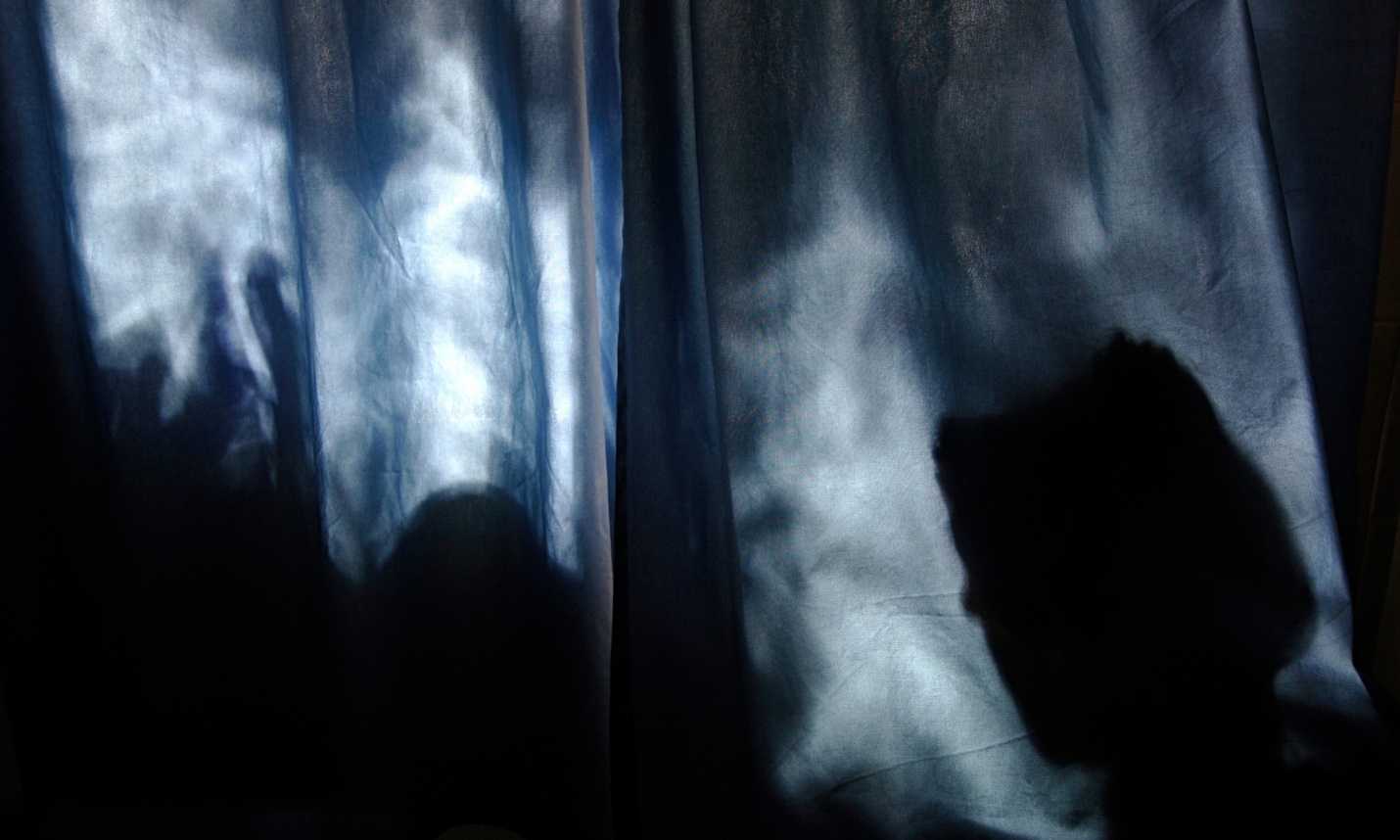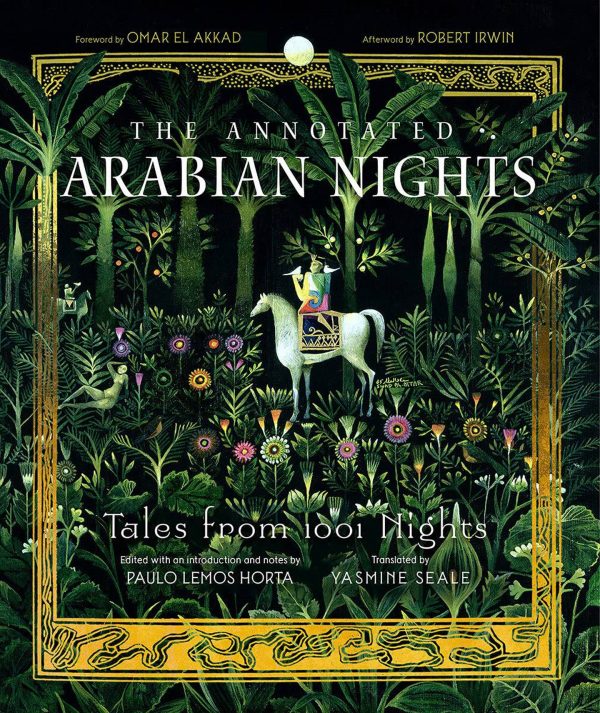Her latest collection of short stories takes on themes of family relationships and intimacy
“This is all I ever wanted to do,” says Huma Qureshi.
She is looking back on a year that began with the publication of her quietly powerful memoir How We Met, and ends with her new collection of poignant yet often stinging short stories Things We Do Not Tell the People we Love.
The British author and journalist likens this burst of creativity to a fire lit under her when her third child went to nursery.
“I suddenly had this window of opportunity and I would write flat out, it was all spilling out. There was a real sense of urgency to tell these stories. I just kept having all these ideas.”
While they are very different in style, both books cover similar terrain, taking on love, misunderstandings, family relationships and expectations.
Although Things we Do Not Tell the People we Love was published last, it was written first, as Qureshi began to piece together a career change that would take her away from journalism towards her first love, short stories.
“Domesticity” is a loaded word but it fascinated her.
“I’m naturally drawn to stories about female relationships, friendships, mother-daughter relations, sisters, lovers,” she says.
“I realised that if I wrote 10 stories, I could have a connection between them, which is where the themes of intimacy, secrets and not being honest with yourself and other people started to occur – and reoccur.”
And although the vast majority of her protagonists are British women of Pakistani heritage tackling family expectations or relationship issues, the insensitivities and unkindness they often experience aren’t solely cultural.
Race is not an overpowering characteristic in this collection, but a realistic underpinning of her characters’ lives.I find it fascinating that without even really realising, you probably make life decisions based on something that might have happened over 20 years ago, and that you told yourself no longer matters. But actually, it really doesHuma Qureshi, author
“I was quite clear in my mind that I didn’t want to write that kind of book,” she says. “The characters happen to share a background that I feel confident to write about because of my history.
“But really, what I wanted to explore was this tension of emotions, of the secrets that people keep … and what happens when something absolutely terrible occurs.”
So, in Premonition, which opens the collection, a woman bumps into her childhood sweetheart many years later. Qureshi gradually and adeptly drip-feeds the threatening moment where their young relationship soured.
It’s the idea of Things we Do Not Tell the People we Love in microcosm, a tiny moment that seems to become less important over time, but nevertheless remains formative.
“In downplaying these experiences, we fail to acknowledge that actually, they have coloured our existence, and they go on to shake us in almost subliminal ways,” she says.
“I find it fascinating that without even really realising, you probably make life decisions based on something that might have happened over 20 years ago, and that you told yourself it no longer matters. But actually, it really does.”
Yet despite the dense psychological questions Qureshi poses, Things we Do Not Tell the People we Love is remarkably readable and – despite the appalling behaviour of some of the characters – often enjoyable.
:quality(70)/cloudfront-eu-central-1.images.arcpublishing.com/thenational/NQHSPKDEEZAPTAZ5BUDS6KIQ24.jpg)
Four of the 10 stories are set during big family holidays, a classic set-up for tense mini-dramas and melodramas. In Summer, the constant sniping of Reem’s mother ends badly on the villa’s balcony.
There’s a moment of genuine suspense in The Jam Maker. An unhappy child, whose widowed mother warns, “We should be with people who are like us”, plots the gravest of warning signals that she doesn’t appreciate change.
And the sad quest of a loving but suffocating mother to find her estranged daughter takes on all the characteristics of a page-turning mystery in Too Much.
If it feels a little easy to suggest her memoir – full of well-judged examinations of family and faith, love and loss – would fit neatly into this collection, what they do both share is Qureshi’s clear eye for telling stories about everyday people, their triumphs and their battles.
So, although it’s called How we Met, it’s not really about the relationship with her husband, Richard.
Instead, this is a well-judged exploration of how her search for a suitor was actually masking grief over her father, familial expectation and her own feelings about who she was when growing up in 1990s Walsall, straddling her South Asian social circle and appetite for adventure and romance.
“When I had children, I found myself reading a lot more memoirs by women,” she says. “I felt there was a great generosity in what they were doing, putting their lives on show for others to learn from.
“And yet, a lot of them focused on extreme events or life scenarios that would not necessarily happen to everyone.
:quality(70)/cloudfront-eu-central-1.images.arcpublishing.com/thenational/V4NPPOG3LJE6BIRZ6DRUK7NEBI.jpg)
“So, I did start wondering: what’s the everyday memoir, the one that everyone can see themselves in? The one where you do experience a whole range of emotions, like losing a parent, growing up, feeling like everyone has got life more sorted than you?
“I couldn’t find those quieter stories and I definitely couldn’t find ones written by someone of my background. I could have done with one growing up, so it really mattered to me to write one myself.”
Qureshi says that the response to it has been “lovely”, and she’s been heartened that it has come from people of every background, which is further confirmation that her everyday stories cut through, because they are about feelings and emotions, rather than simply a specific identity.
“When I was a teenager I literally fell in love with Holden Caulfield from The Catcher In The Rye,” she says. “And I was fascinated by how Salinger could make me feel so deeply about a person who doesn’t exist, who wasn’t like me.
“How could they put in words what I was thinking? And most of all, what would it feel like to be able to write something that felt so true?
“At some level, those simple questions I had back then are something I am still trying to answer in my stories. They’re about trying to find a way to say the unsayable.”
The things we do not tell the people we love, indeed.
The Things we Do Not Tell the People we Love (Sceptre) and How we Met (Elliot & Thompson) are out now. More information is available at humaqureshi.co.uk



1 Comment